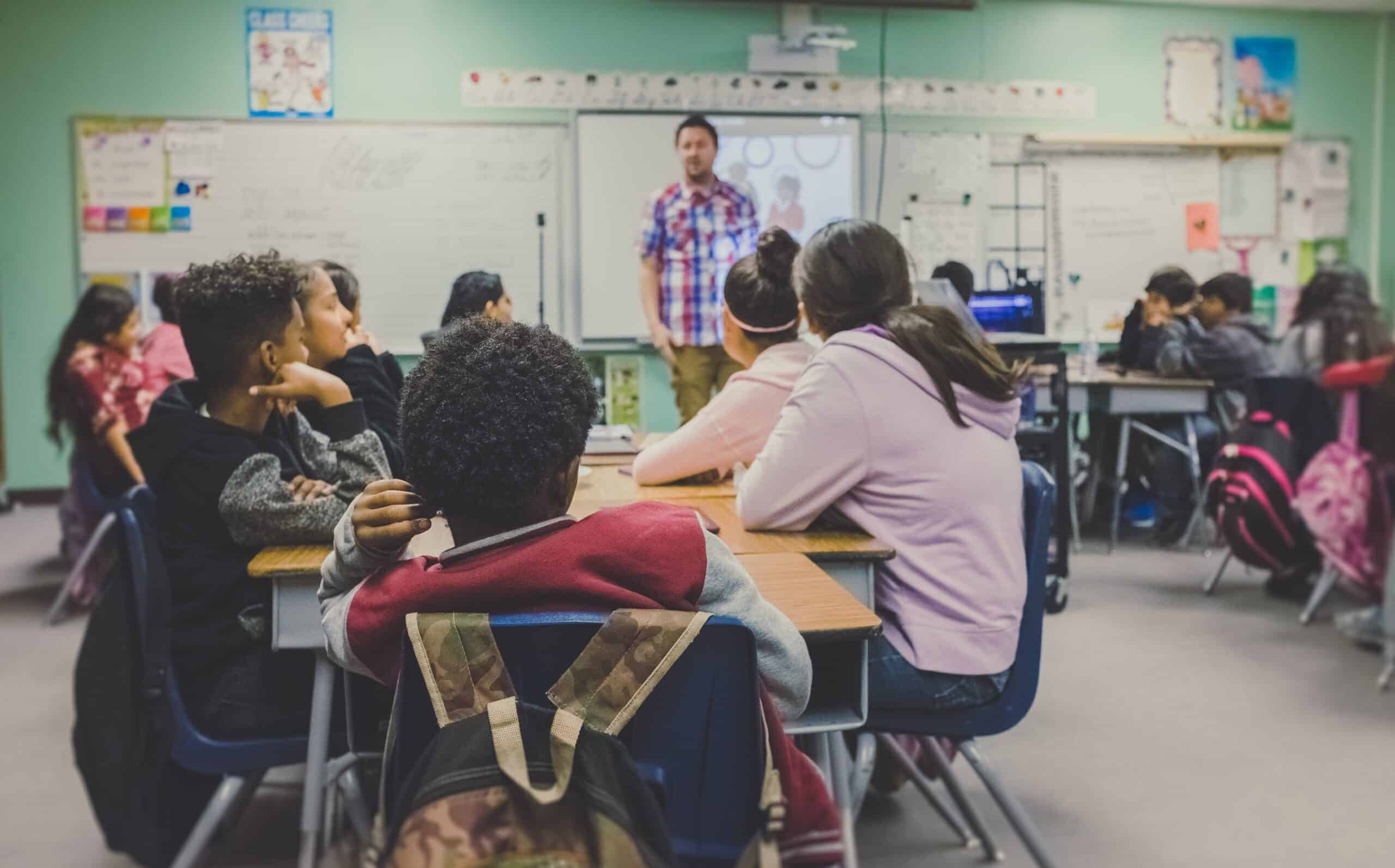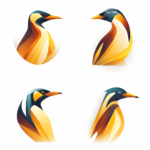College is appropriate about the corner and so is the use of AI-powered creating resources by college students. The query is – will this be a dilemma for teachers or will it be a great added substitute to preexisting understanding resources?
The use of AI resources in academic duties has blown up in reputation to college students more than the final couple of months, they employ this for creating essays, investigation papers, homework, and generally any other types of tasks you are ready to full with ChatGPT.
AI-Detection tools have been the go-to for a whole lot of teachers to fight this. Nevertheless, the rampant use of AI resources raised credibility worries in academia and teachers due to the inability to genuinely detect it.
Genuinely, AI has gotten incredibly sophisticated to the stage the place a pupil can create a basic prompt and count on satisfactory outcomes with no undertaking any perform – this gets a massive dilemma.
In current reports, a higher college pupil lately acquired accused of making use of AI in his exemplary essay and it sparked a controversy more than academic honesty in the age the place AI is available to all.
Joshua, a pupil at a tiny California higher college has been sizzling seated when a TurnItIn AI application flagged his essay for the possible use of AI-assistance. This brought on a whole lot of uproar on the internet as the pupil was offered academic sanctions – believing that the AI detection device to be foolproof.
Regrettably, the college does not have a policy on application use and it puts a higher threat to trustworthy college students receiving caught by the faulty AI detection resources that are not truly reputable. Students are receiving in difficulties for techniques that are not even totally understood but.
TurnItIn could be reputable but it cannot be claimed that it is 100% accurate.
In the situation of Joshua, it emphasized the positive aspects drawn from AI as a assisting device, but human judgment and integrity stays crucial. This grew to become the story the place merging AI with schooling could be a feasible solution… or even a new dilemma.
This raises the query: Will AI resources often be a dilemma to educators? Or will it be adapted into the program but with honest and trustworthy use?
In a current twitter thread, a Co-editor of Discourse and Writing Journal and an Assistant Professor Dr. Kim Mitchell RN Phd, opened up her expertise in enabling her college students to use ChatGPT.
Consequently, she gave a honest evaluation of what occurred, saying that it did not perform for some, and to other folks it worked ideal as an thought generator.
Following in depth evaluation on how it went for her and her students’ outputs, she published an article that elaborated on her ideas and insights concerning the pupil peer evaluation method.
Later on on, she confirmed in a tweet that she would possibly do it once more and she’s organizing on providing out a far more distinct checklist on proper methods to use AI in academics.
In the coming months, it could come to a stage the place it would be hard to decipher between human and AI written content.
An additional tweet from Ethan Mollick, an Associate Professor at Wharton, shed light on yet another technique to the AI policies to be implemented in class:
Seemingly, AI detection resources can be a solution for education however, to develop collaborative efforts in between these understanding resources and college to appropriately refine detection resources, reduce the false positives, and create far more precise answers to appropriately deal with AI in academic environments.
A lot more so, educators can see this chance to develop stringent policies on the use of softwares in academic needs. They could also use attempted and examined doing AI detection resources to see what device would perform far better for them, but preserve in thoughts these can truly only be taken with a grain of salt.
Teachers can use these AI resources from detecting plagiarism and assessing AI-produced contents up to producing potent presentations with the assist of AI-powered resources to boost understanding experiences.
For instance, Chegg and Quizlet, two of the prime doing on the internet understanding platforms, have lately integrated AI in supplying AI-powered resources to boost pupil understanding expertise and maximize productivity.
It need to often be regarded that the use of AI to the two teachers and college students could come with a whole lot of possible positive aspects to boost educating and understanding experiences to college students.
But we can’t blame these institutions for reacting to the adverse results of AI simply because it has its personal disadvantages that severely damages genuine understanding.
We have but to see in the coming months whether or not the integration of AI-resources would even be regarded as acceptable and proper to educational institutions. It holds the energy of becoming a valuable device, but it nevertheless poses a risk to academic integrity.



